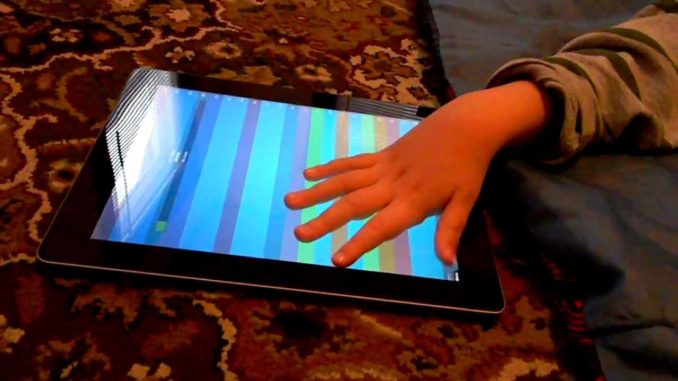
There is growing opinion that many children are lacking language and communication skills. It is said that one of the main causes attributed to our children’s shortfall of skills within this field is due to the time (or lack of it) that adults and children spend talking to one another. This often has many causes, such as family structure and changing work patterns – both of which have been affected by modern society greatly.
Research confirms the important role that we, as parents, have as our child’s first and most significant teachers – there is a high importance as parents to communicate with our children, and help aid our children’s social and intellectual development through the use of language.
Children need to be confident communicators to be understood by others and to lead happy, fulfilled lives. There are simple ways to improve the communication between yourself and your child and improve the language skills in which your child is constantly learning.
Narrate the day to your children. Tell your child what you are doing together at present, and ask questions which provoke a response. For example, “we’re going to the beach”, “can you see the bird?”, “what colour is the bird?” etc. Make every social opportunity a language learning activity. Make sure to converse regularly and start conversations frequently. Children are like sponges to the world around them and the more you converse with them, the more you can teach them.
Read to your children. Books can be used in many ways to develop language and skills. Ask your child questions when reading, and broaden their minds to new and unfamiliar vocabulary, presented in a fun way. Ask them questions about the pictures presented, the cover and other visual aspects, also. The more exposure which your child has in regards to language structure and the way text translates to speech, the more they will understand the rules of speech and language.
Model good language behaviours in yourself – we are our child’s first teachers, and often the skills in which we teach our children resonate with them throughout their development. Speak clearly and slowly when speaking. If your child says a word or sentence incorrectly, repeat the word / sentence back to them correctly to show you have understood what they are trying to say. This way your child will hear the correct version, and work upon building their skills using your guidance.
Talking happens naturally when spending quality time together. Meal times should be spent sat together at the table – conversations during meal time provide opportunities for families to plan, bond and learn from one another.
Keep technological interference to a minimum. Television and apps often offer educational options, and we may believe that we are doing no harm, but, technology doesn’t communicate with our children – technology is unresponsive to our children’s thoughts, ideas, and questioning of/about language. You are their best teacher, and it is much more valuable to sit down with your child, asking them about their day, rather than putting a tablet under their noses, or sitting them in-front of a television.
